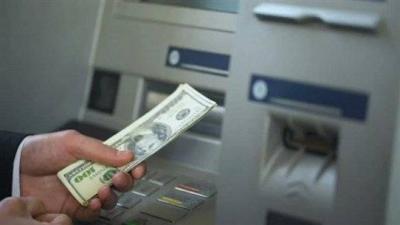"Rejoice, depositors! The Lebanese state has canceled your deposits with a stroke of a pen." With this grim statement, the Association of Banks informed the Lebanese that the implementation of the recovery plan approved by Prime Minister Najib Mikati would wipe out their deposits, completely rejecting this plan. What did the banks mean? Have the Lebanese indeed lost their money?
Economic expert Louis Hbeika explains that "the recovery plan has unfairly placed most of the losses on depositors, which is unacceptable now and in the future." He emphasizes that depositors are not responsible for the losses caused equally by banks, the Central Bank, and the state.
In an interview with MTV, he states, "The depositor entrusted their money to the banks, which in turn lent it to the state and the private sector, leading us to these losses." He considers that "the banks are partially guilty, as are the Central Bank and the public sector; they are the ones who should bear the losses, as depositors have nothing to do with what happened and are not to blame."
Hbeika points out that "if deposits are truly gone, no money in dollars will be placed in Lebanese banks in the coming years, which would completely kill the Lebanese economy." He emphasizes that "the current recovery plan jeopardizes the future of Lebanon's economy."
He believes that "deposits can return through the inflow of money into Lebanon, allowing depositors to recover their funds," which is feasible through the International Monetary Fund's plan that should be implemented after an agreement with them. This would subsequently allow money to flow from Arab countries and funds from the CEDRE conference, enabling depositors to regain their money. He adds, "In my opinion, the money will return in two or three years, but what do we do during all this time?" He is not convinced that deposits are gone forever; instead, he believes they will return to depositors, saying, "But it requires patience." He also cautions depositors not to act irrationally, such as exchanging $100,000 for $10,000 just to retrieve their money.
Hbeika insists that "the sovereign fund is not a solution; the solution lies in distributing the losses between the state, the Central Bank, and the banks, and activating the public-private partnership law." He considers anyone bringing up the sovereign fund to be "trying to be clever."
As for the potential bankruptcy of some banks, Hbeika answers: "This news is not accurate; however, some may resort to laying off staff, as they do not see a need for large numbers given the halted economy."




